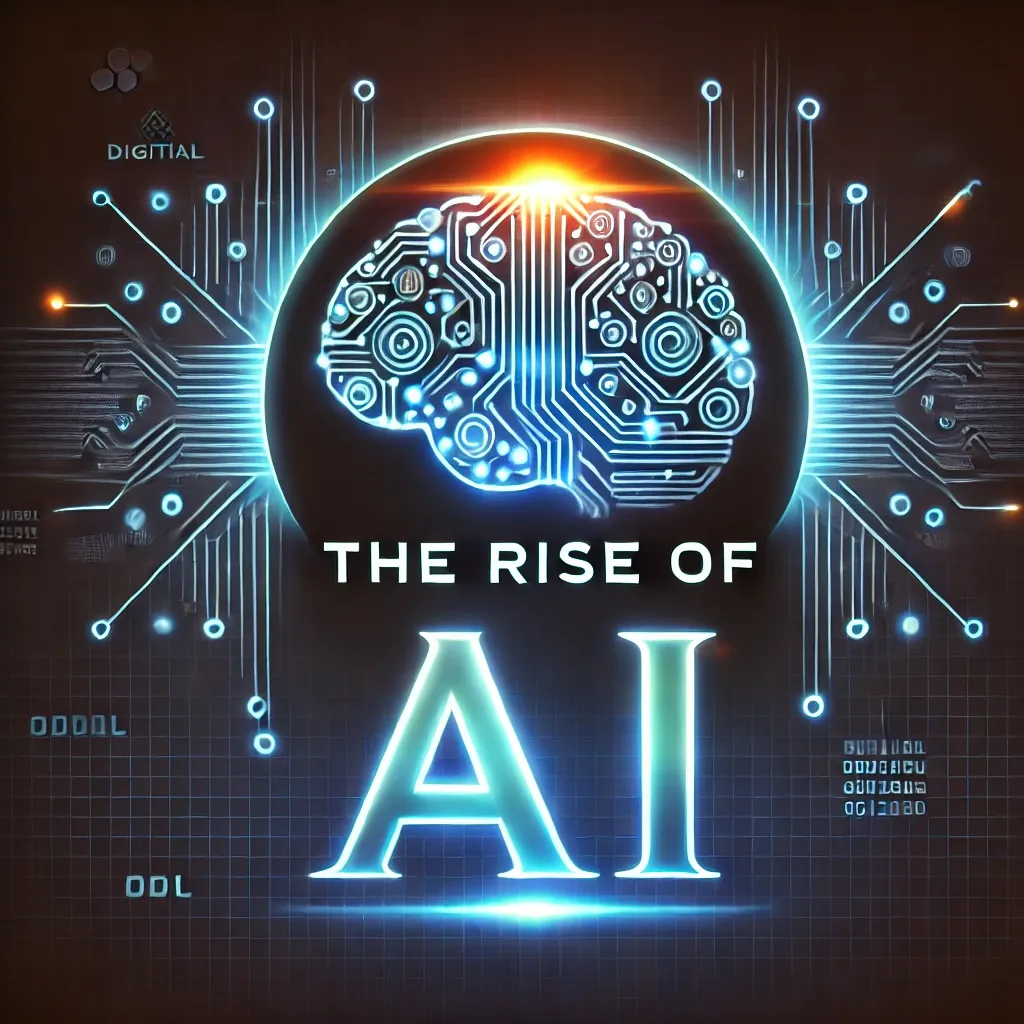Artificial Intelligence (AI) is no longer a futuristic concept; it’s a reality shaping the world around us. From self-driving cars to virtual assistants like Siri and Alexa, AI has become an integral part of our daily lives. This article explores the basics of AI, its types, applications, and its impact on the future.
What is Artificial Intelligence?
Artificial Intelligence refers to the simulation of human intelligence by machines. It enables systems to perform tasks that typically require human cognition, such as problem-solving, decision-making, and language processing. AI relies on large datasets, advanced algorithms, and powerful computing to function effectively.
Types of Artificial Intelligence
AI can be classified into the following categories:
Narrow AI (Weak AI)
- Focuses on specific tasks.
- Examples: Google Search, Spam filters, and Recommendation systems.
General AI (Strong AI)
- Mimics human intelligence across a wide range of tasks.
- This type of AI is still theoretical.
Superintelligent AI
- Hypothetical AI that surpasses human intelligence in every aspect.
- An area of intense debate and research.
Applications of AI
AI is transforming industries by offering innovative solutions. Here are some key areas where AI is making an impact:
Healthcare
- AI-powered tools like IBM Watson help doctors diagnose diseases.
- AI models predict patient outcomes, aiding in personalized treatment.
Finance
- Fraud detection algorithms analyze transaction patterns in real time.
- AI-powered chatbots improve customer support.
Automotive
- Self-driving cars like Tesla use AI for navigation and decision-making.
Education
- AI-based tools provide personalized learning experiences.
- Automated grading systems save educators time.
Entertainment
- Streaming platforms like Netflix use AI for content recommendations.
Advantages of AI
- Efficiency: Automates repetitive tasks and saves time.
- Accuracy: Reduces errors in data-driven processes.
- Innovation: Encourages new solutions in industries like healthcare and energy.
Challenges and Concerns
Despite its benefits, AI raises ethical and practical concerns:
- Job Displacement: Automation may lead to unemployment in certain sectors.
- Bias in Algorithms: AI systems can perpetuate biases in their datasets.
- Security Risks: AI tools can be exploited for malicious purposes, like deepfakes.
Future of AI
The future of AI is exciting and uncertain. As technology advances, AI will likely become more integrated into everyday life. Innovations like explainable AI and ethical frameworks are crucial for ensuring its safe and beneficial use.
Conclusion
Artificial Intelligence is revolutionizing industries and redefining what technology can achieve. By understanding its potential and challenges, we can harness its power responsibly to create a better future.
Thank You So Much For Reading Till End!
Please share this post with your Loved Ones & whoever else needs this.


Post a Comment